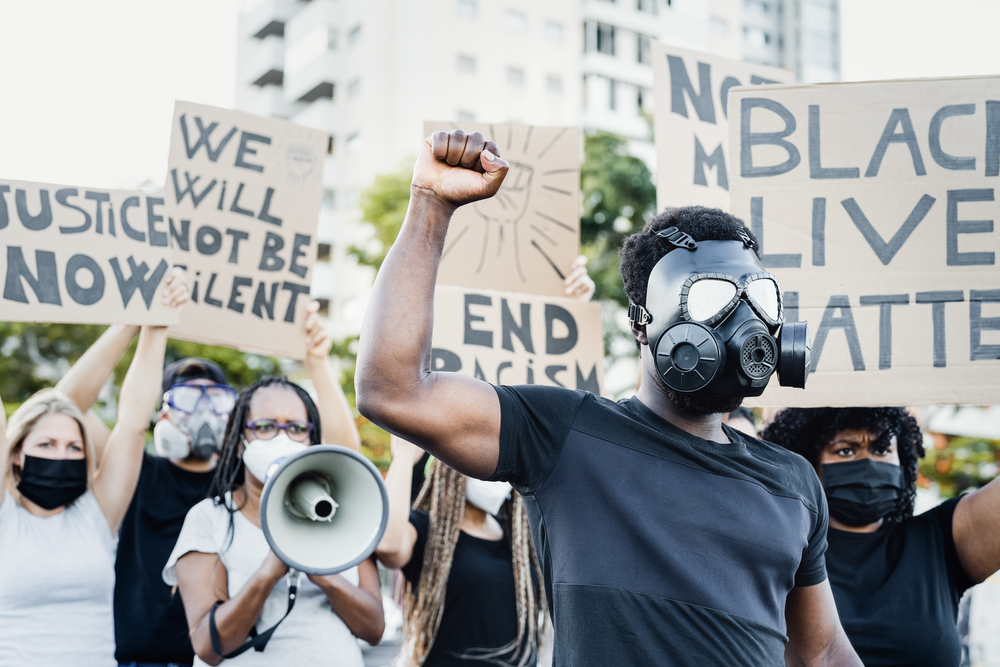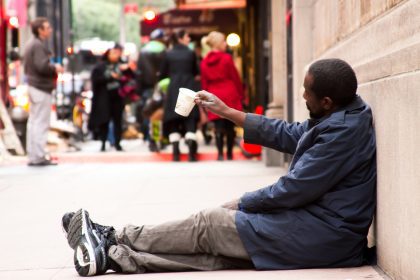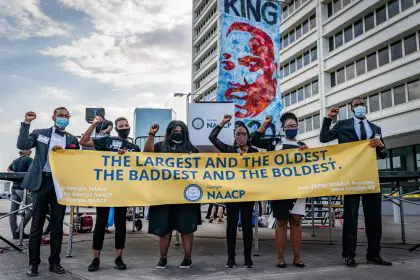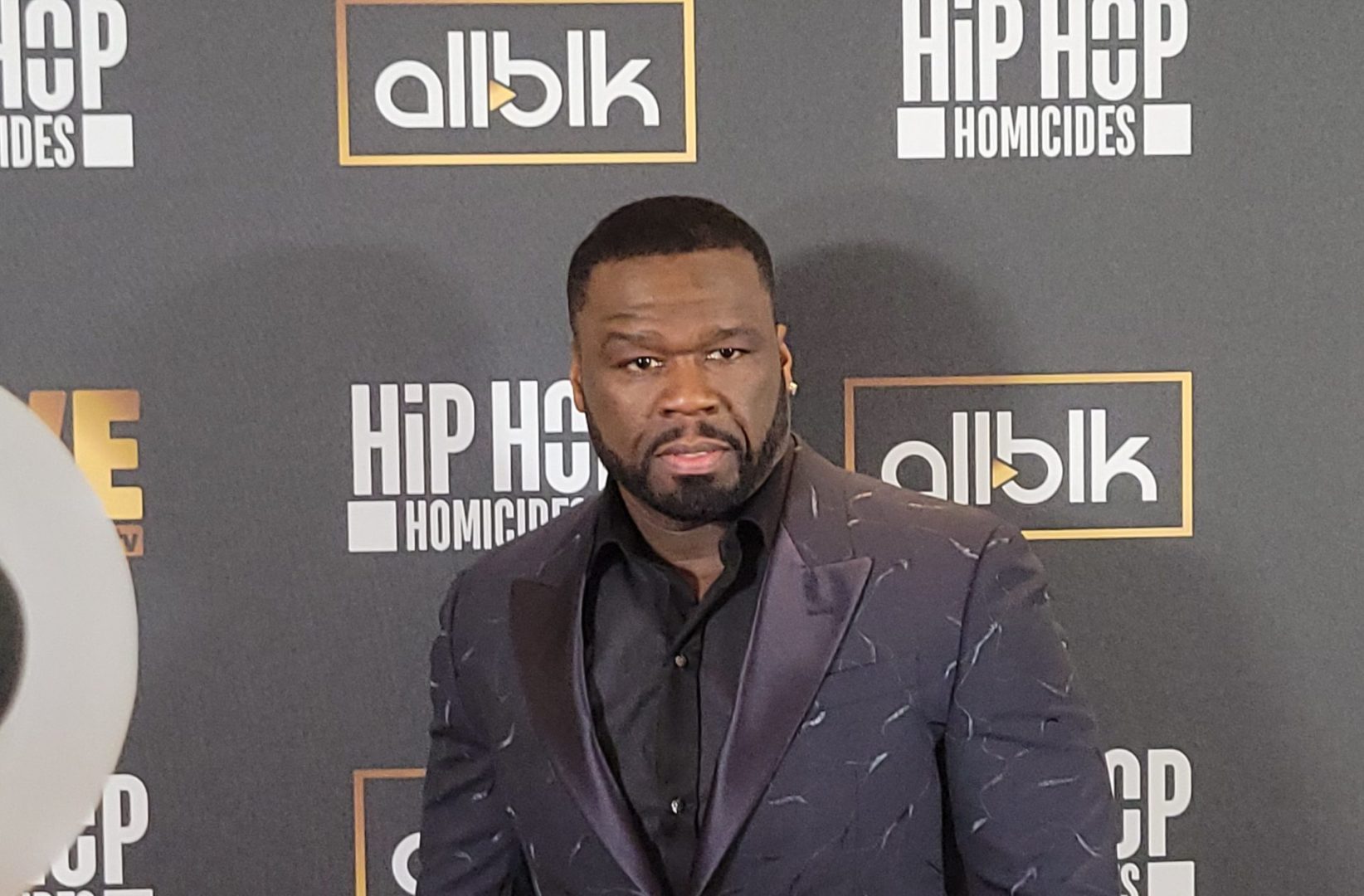In recent years, the phrase #SayHerName has emerged as a powerful rallying cry in the fight for racial justice, shining a light on the often-overlooked stories of Black women who suffer from police violence and systemic oppression. As we commemorate the 10th anniversary of this vital movement, it is crucial to reflect on the journey that brought us to this point.
The birth of #SayHerName
According to Newsone, the term #SayHerName was coined by civil rights activist and African American Policy Forum (AAPF) founder Kimberlé Crenshaw in 2014. It arose from the urgent need to center the experiences of Black women victimized by police brutality and violence. While the Black Lives Matter movement gained prominence for highlighting the murders of Black men such as Trayvon Martin and Michael Brown, the stories of Black women were frequently overshadowed.
In 2014, several tragic incidents highlighted this issue, including the deaths of Tanisha Anderson and Aura Rosser, both of whom died at the hands of law enforcement. Anderson, a 37-year-old mother, was violently apprehended by Cleveland police, while Rosser, a 40-year-old woman, was tased and killed in her home by an officer. These stories, often excluded from media narratives, underscored the disproportionate impact of state-sanctioned violence on Black women.
The rise of the movement
The #SayHerName campaign gained national attention in 2015, particularly following the tragic death of Sandra Bland, a 28-year-old Black woman found dead in her jail cell in Texas after a routine traffic stop. Bland’s death, ruled a suicide, sparked outrage and highlighted systemic issues surrounding the treatment of Black women by law enforcement. Her case became a symbol of the broader neglect of Black women’s experiences in discussions about police violence.
In May 2015, the AAPF hosted a pivotal event in Union Square, New York City, titled “#SayHerName: A Vigil in Memory of Black Women and Girls Killed by the Police.” This gathering honored the memories of women like Alberta Spruill, Rekia Boyd and Shantel Davis, creating a space for families to share their grief and demand justice. The vigil catalyzed a viral movement on social media, amplifying the stories of these women and ensuring they were not forgotten.
Additionally, the AAPF released a report titled Say Her Name: Resisting Police Brutality Against Black Women, outlining the movement’s objectives and emphasizing the unique vulnerabilities faced by Black women in a system that often devalues their lives.
A lasting impact
Over the years, the #SayHerName movement has become synonymous with the lives of several Black women who faced violence at the hands of law enforcement. Notable cases include Breonna Taylor, who was fatally shot by police during a botched raid in March 2020, and Atatiana Jefferson, killed by Fort Worth police in 2019. While Jefferson’s killer was held accountable, the pursuit of justice for Taylor remains ongoing.
The #SayHerName movement has played a critical role in amplifying these disparities, bringing attention to the injustices faced by Black women. By highlighting the cases of women like Taylor and Jefferson, the movement has forced these issues into public consciousness, ensuring that their stories are discussed and examined on a global scale.
More than just a remembrance, the #SayHerName movement is a call to action, demanding justice, accountability and a reimagining of law enforcement’s interactions with marginalized communities. Advocates continue to fight for reforms such as improved accountability for law enforcement and community-based solutions to address police violence.
As we reflect on the past decade of the #SayHerName movement, it is clear that its impact has reshaped the conversation about police brutality, gender and race, empowering a new generation of activists to push for systemic changes that better protect Black women and girls.
















